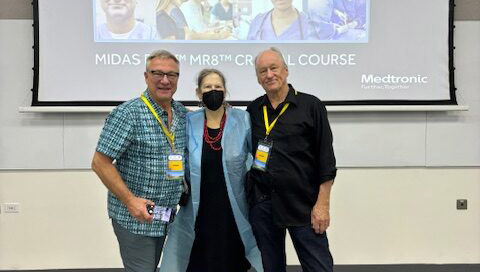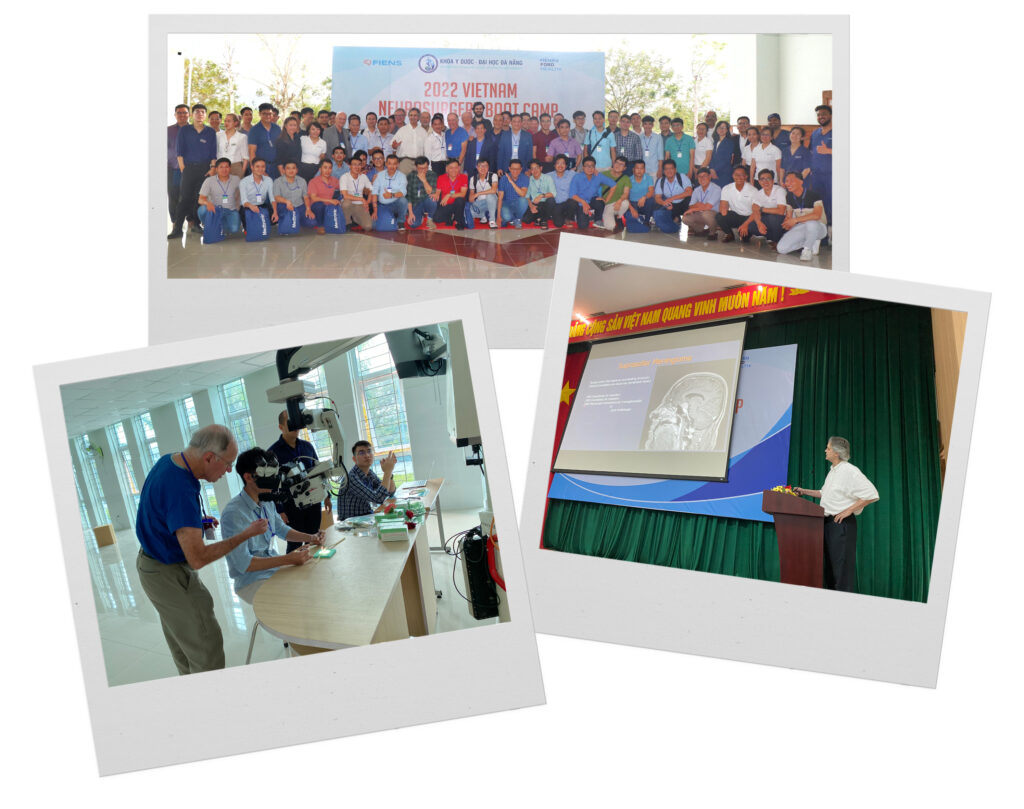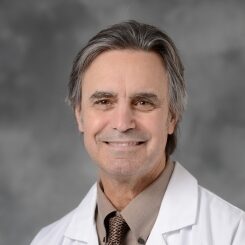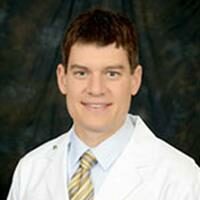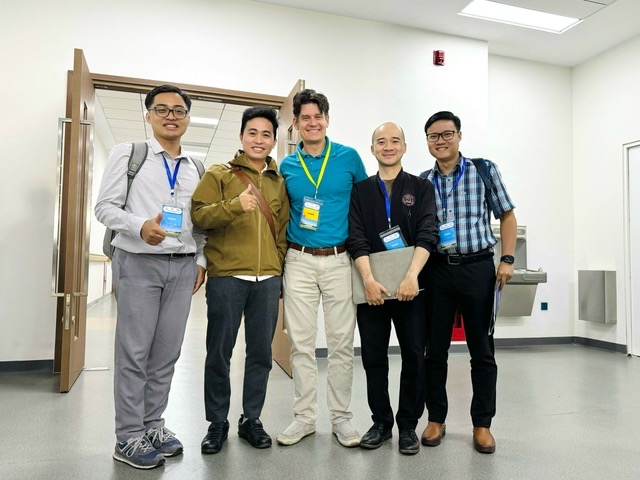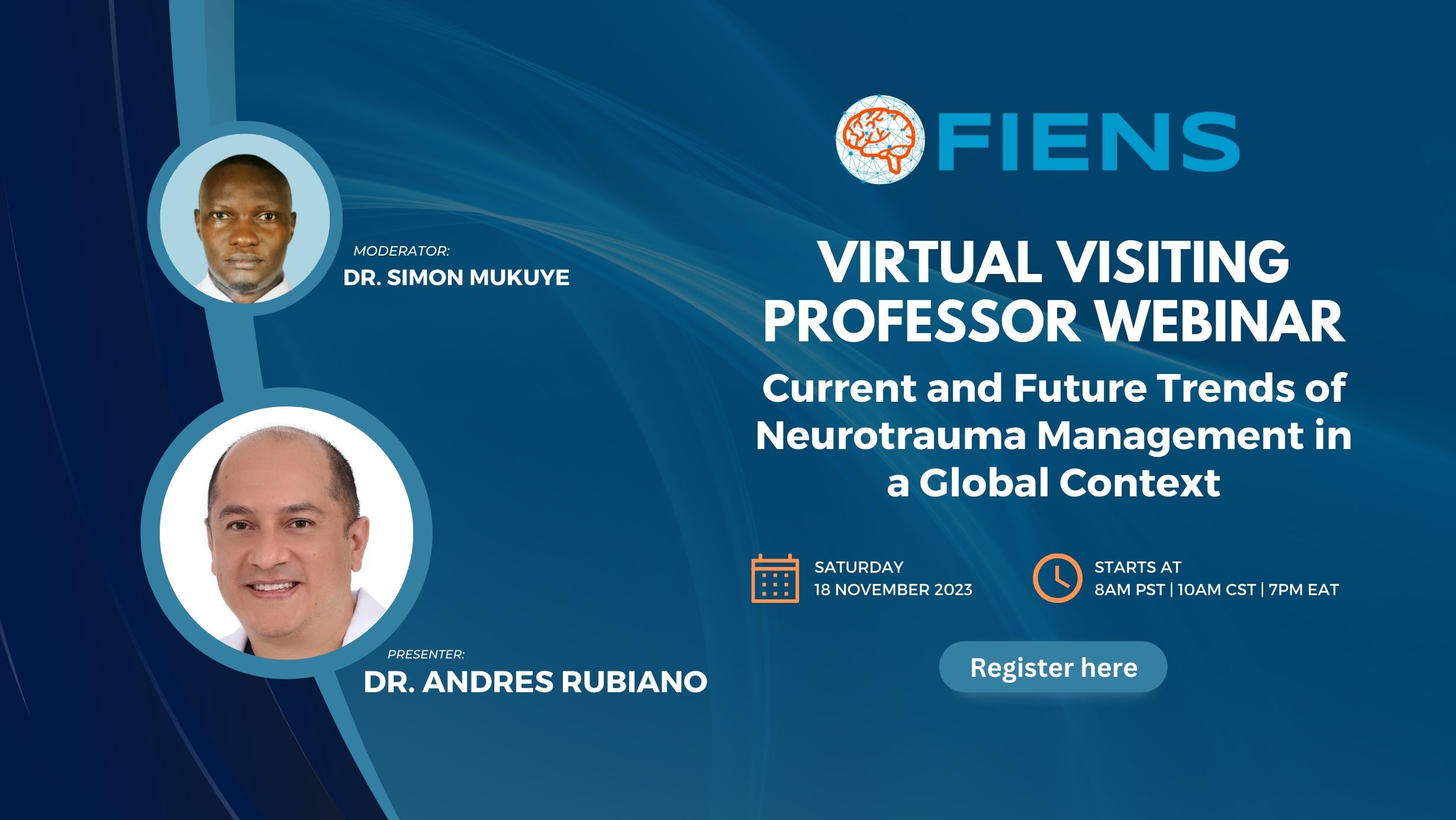The Bootcamp is a philanthropic effort to improve the education of neurosurgical residents in developing countries. It was a response to observations by neurosurgeons volunteering around the world that although the attendings were often bright, well trained and skilled surgeons, they lack technological resources especially in the area of resident education. I had been volunteering in Bolivia, the poorest country in South America for many years with a wonderful group, Solidarity Bridge, whose neurosurgical mission was led by Richard Moser. This is a group that that partnered with the local physicians and brought technical equipment and then trained surgeons in new procedures. I could imagine how a bootcamp, modeled on the introductory United States program required of all U.S. residents, seemed like the perfect firs step in meeting this need. With teaching materials graciously shared by Richard Byrne of the US Bootcamp, the international bootcamp was similar to the US one in that it consisted of a series of basic lectures on pertinent topics in neurosurgery, a series of case discussions modeled on the oral boards, and hands on practical skills course using animal bones, plastic models, simulators, computers and other new technology used in teaching. However, the international bootcamp was unique because it was run as a partnership program, meaning the local host doctors were involved at all levels alongside their international, mainly U.S, counterparts. This meant that the lectures were divided between local hosts and US physicians, every case discussion involved one local doctor and one US doctor, and all the practical skill stations involved both the local host doctors and the visiting physicians. In this way we shared information and learned from each other. A third, important partner in this project is industry, providing newest technology, materials, and often financial educational support for the bootcamp. The doctors were all volunteer and paid their own ways.
The first bootcamp I organized in Bolivia based on these concepts was very basic, run on a shoestring budget, volunteer doctors including FEINS faculty, and with many technological challenges. But we successfully served about 30 residents from South America, with the support of the local neurosurgeons of Bolivia, Chile, Paraguay and Uruguay. Subsequently, with the further support of FEINS, Dr. Jack Rock and myself worked on a bootcamp for Myanmar. With Dr, Rocks extensive experience in Southeast Asia, and his extensive connections with industry, the bootcamp was very successful. Dr. Rock has extended these efforts and developed bootcamps in other areas of Southeast Asia and most recently in Viet Nam.
I attended this most recent one in Vietnam and I think it was wonderful in so many ways. We were able to accommodate 70 residents along with dozens of local host doctors. It was held in a beautiful space and without any technological difficulties. In other words, it ran smoothly and efficiently. Our industry partners were especially supportive and most helpful as well. And Vietnam is a lovely country. The people are so kind and seem so peaceful. I could feel the warm welcome of our local host neurosurgeons as well as the tangible enthusiasm and expressions of gratitude of the residents daily. I had pleasure of meeting the one female resident attendee, one of only 2 female residents in the country. I was assigned to her drilling station and observed that she was already quite skillful and confident. Her professor was very proud to introduce to me as well.
Education is a relationship. And I think the success of these international bootcamps depends on the relationships we have developed with the doctors in these developing countries, with many of the residents, and with our industry partners, and in this way we all learn from each other in a mutually respectful and open minded and openhearted way. It was truly a memorable experience, and I am honored to be part of it. And once again, a huge thanks to Dr. Jack Rock for all his incredible work and friendship throughout the years.
